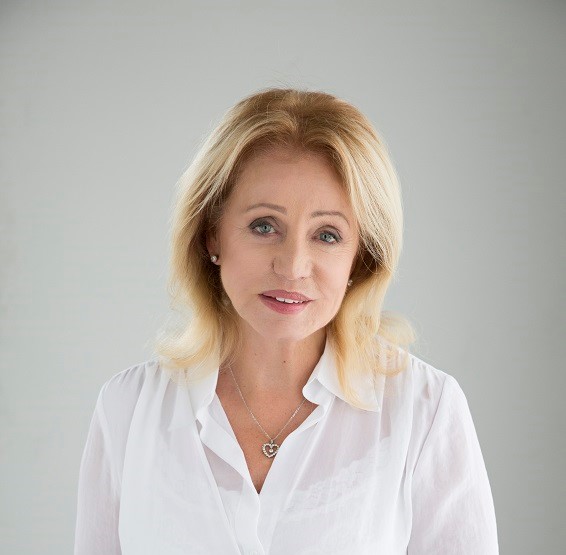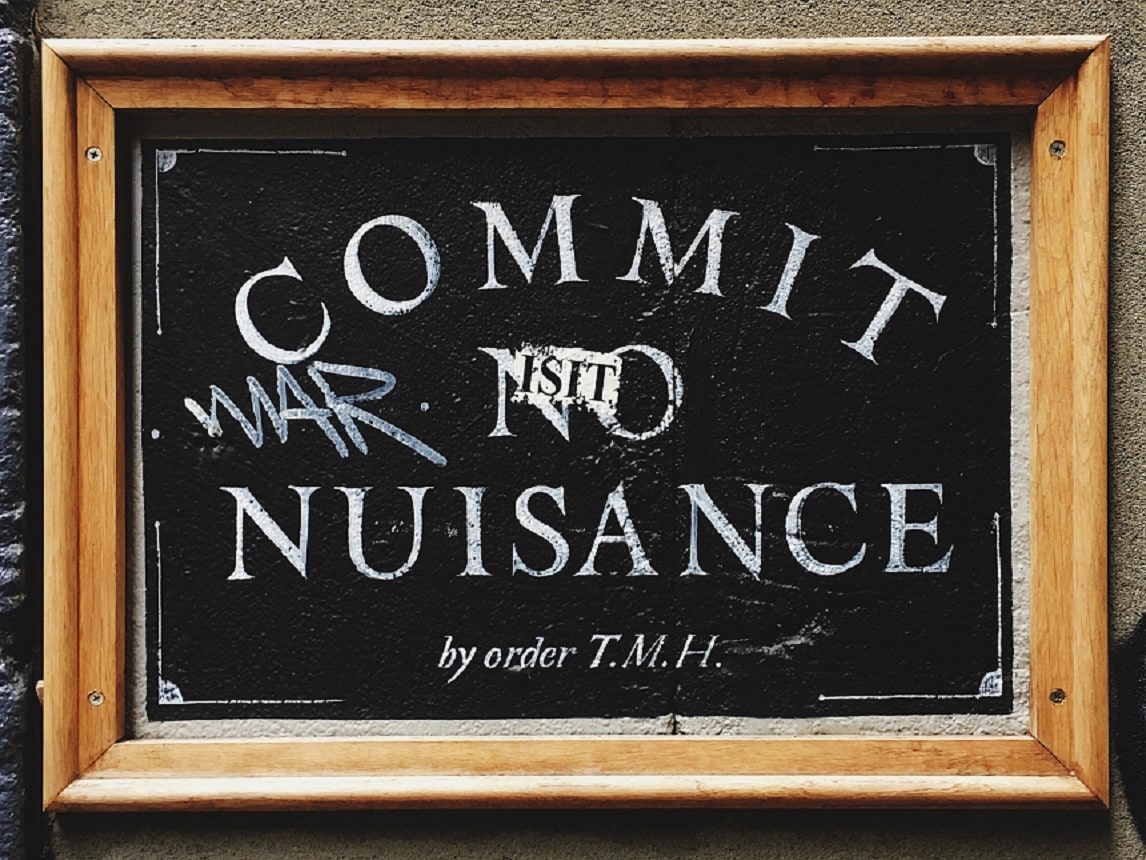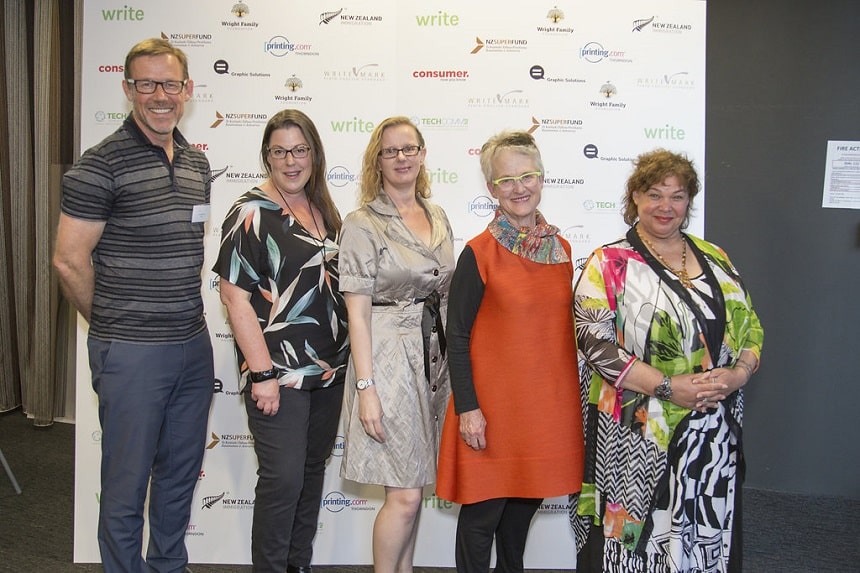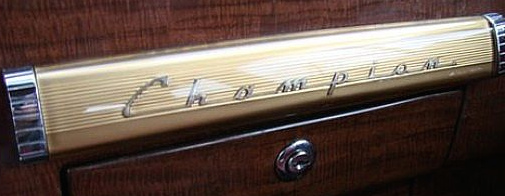
Hands up who's excited about the upcoming Plain English Awards? Image by Jaime Lopes/Unsplash licence.
We’re encouraged by the amount of interest people are showing in next year’s Awards. We hope this is a sign that our goal of creating a public preference for plain English is working!
So that you’re ready when the time comes, here are the dates you need to know for the 2020 Awards.
- Entries open: Tuesday, 31 March
- Entries close: Friday, 29 May
- Shortlist announced: Thursday, 18 June
- Finalists announced: Thursday, 23 July
- Winners announced: Thursday, 20 August
Find out more about entering the 2020 Plain English Awards
Email us to find out about sponsorship options for next year’s Awards
Rhiannon Davies November 18th, 2019
Posted In: 2020 Plain English Awards, Industry awards, Plain English Awards
Tags: clear thinking, clear writing, improved writing, Industry awards, jargon, jargon-busting, plain English, Plain English Awards, plain language, power of plain English, writing for the public

We’re thrilled to welcome Chloe Wright of the Wright Family Foundation as our new patron.
Chloe’s background and interests make her the perfect fit for the role of patron. The Trust and the working group that organises the Awards are thrilled to have her on board.
Chloe herself is equally thrilled!
‘I’m honoured that you’ve invited me to be patron of the Plain English Awards. I can see the huge potential in the Plain English Awards, and commend you for what you’ve achieved in the past 14 years. The Awards’ goals of making plain English a natural part of everyday business and government communication is something I strongly support.
‘So often people don’t want to say that they can’t understand an official document or form. They think it’s because they lack some knowledge or skill — when mostly the problem lies in the writing they’re trying to untangle.
‘I’m going to embrace being patron of the Plain English Awards, because I’m passionate about championing people’s right to understand.’
Read more about Chloe Wright
Find out more about the WriteMark Plain English Awards Trust
Nicola Welby August 13th, 2019
Posted In: Communications, People
Tags: People's Choice Awards 2019, Plain English Awards

A helping hand can come from the most unlikely places. Image by Youssef Naddam. Unsplash licence.
In times of trouble, who might you expect to get help from? Friends, family, colleagues, or your close community all might offer to lend a hand. It’s not often that a complete stranger jumps in to help. Particularly one that’s disguised as an industry award with the title ‘Brainstrain’.
Meet your new friend — the Brainstrain Award
The People’s Choice Awards offer members of the public an opportunity to celebrate excellent communications and to draw attention to bad ones — through the Brainstrain Award.
Winning the Brainstrain Award is like being offered a helping hand from a stranger. We say ‘stranger’ because all nominations are anonymous (and free).
The ‘helping hand’ is an opportunity for the winner to turn their communication around and make it better than ever. (And maybe even enter the Turnaround Award in the next round of full Plain English Awards in 2020.)
The Brainstrain winner gets some plain English love
The winning nomination gets the unenviable title of ‘People’s Choice — Worst Brainstrain Communication’. Sure, the word ‘Brainstrain’ doesn’t sound that great. But when you read what else winners receive, the title becomes a little less ominous.
Our beloved Brainstrain winner receives not only the famous Brainstrain rubbish bin filled with sour worms, but also some very constructive feedback and training in the form of:
- feedback on their communication (and how it could be improved) from our expert panel of international judges
- the latest StyleWriter plain English editing software — single-user licence (from Editor Software)
- 2 hours free consultancy from Write Limited to start transforming the document or webpage into plain English
- a place on any of Write Limited’s 1-day open workshops to use before 31 March 2020.
Do your bit for improving New Zealand’s communication. Submit your nominations for this year’s Brainstrain Award
Nicola Welby June 26th, 2019
Posted In: 2019 People's Choice Awards, Brainstrain, Communications
Tags: Brainstrain, People's Choice Awards, plain language, Worst Brainstrain

It's time for the public to have their say! Image by Jon Tyson. Unsplash licence
We’re ready to roll with the Awards in 2019 — and we’ve got some exciting plans to tell you about.
We’ll alternate between the Plain English Awards and the People’s Choice Awards
As you might imagine, it takes a tonne of support and time and resources to bring together annual awards. We’re now in our 14th year, and we know that our momentum is strong and that people’s appetite for plain English continues to grow.
After lots of planning and consideration, we’ve decided to alternate between having the full Plain English Awards one year and the People’s Choice Awards the next. Having held the full Awards last year in 2018, this means we’re focusing on the People’s Choice only in 2019.
Some of you will remember that the idea of holding the People’s Choice Awards on their own is actually not a new one. You may recall we held them on their own in 2016, to coincide with the Clarity2016 conference here in Wellington.
Entries for this year’s People’s Choice Awards will open on Saturday, 1 June
Once entries are open, members of the public will be able to nominate an outstanding communication of their choice for the People’s Choice — Best Plain English Communication.
People will also be able to nominate a miserable communication for the notorious People’s Choice — Worst Brainstrain Communication.
Entries in the People’s Choice Awards are free and will be judged by a panel of plain language specialists from New Zealand and overseas.
We’re planning a mid-year Awards ceremony
Another result of our planning is that we’ve decided to aim for a mid-year ceremony. Traditionally we’ve celebrated our winners in November. However, after this year, entries will open near the end of the year and we’ll celebrate winners the following winter. Because who doesn’t love a good mid-winter celebration?!
What about next year’s full Plain English Awards?
Entries for the 2020 Plain English Awards will open in November this year. We’ll give you plenty of information before then, so keep your eye out for our newsletters and other publicity. Subscribe to our newsletter
Thanks for following and supporting the annual Plain English Awards. You all play a big part in making these Awards a valuable and exciting event.
Nicola Welby May 9th, 2019
Posted In: 2019 People's Choice Awards, Communications, Industry awards, People's Choice awards
Tags: Brain Strain Awards, People's Choice Awards, Plain English Awards

Taking care costs nothing and means everything. Image by Ross Findon. Unsplash licence
Read on for part 1 of the inspiring speech given by Lynda Harris, Awards founder and CE of main sponsor Write Limited, at the 2018 Plain English Awards
Good evening! Let me start with a question: Why are you here? What prompted you to enter the annual Plain English Awards? What brought you along tonight?
I’m pretty sure that you’re here because you care. You care about the cause. You care about the ideal of plain language because you understand the cost, in both financial and human terms, of poorly conceived and written communications. You care about wasted effort, wasted time, and wasted money.
And you care about the enormous disadvantage that poor writing can bring, especially when the communications are about access to justice, or help of some kind, or are connected with legal, financial, or health services.
It was the very same notion of care that prompted us, 13 years ago, to set up these Awards.
It was because they cared that our foundation sponsors, Consumer, TechCommNZ, and Graphic Solutions came on board, as did our other wonderful sponsors who followed.
And it was also that notion of care that led us to establish the WriteMark Plain Language Standard, now cleverly rebranded by Craig Christensen to reflect that central idea of — you got it — care.

The thought I’d like to leave you with tonight is that, rather than thinking of care as simply an emotion connected with plain language, let’s recognise that care has tremendous value in its own right. Care can be a powerful catalyst for action if we follow through on what we feel prompted to do.
I came to this conclusion after preparing for a presentation at Clarity2018 in Montreal recently. The conference was attended by over 500 delegates from around the world, most of them lawyers. In my presentation I explored the idea that having a set of strong, people-based values baked into the firm’s mission might lead naturally to clearer, more accessible law.
I interviewed several B Corp law firms in Australia and Canada. B Corps are accredited organisations that believe business can be a force for good in the world.
What struck me was that in each conversation the people I interviewed used the word care — a lot. They also used another word: ‘believe’. As they spoke about what they believed in, their values, and precisely what they care about, became clear.
Here’s what three of those firms said.
Alexandra Doig from Atticus values care in communication
I loved my interview with Alexandra Doig, Managing Partner of Atticus Lawyers in Melbourne, Australia. With strong convictions about human rights, Alexandra chose to get B Corp accreditation several years ago. Her core philosophy, ‘We believe in treating people as they would want to be treated’, shone through our entire conversation.
It’s not often you hear a lawyer say, ‘We want everyone to feel comfortable all of the time. We know clients are already stressed with the issue. We aim to reduce that stress and make them feel happier … create a safe space … feel that we are their cheerleaders.’
I asked Alexandra the all-important question: Does your chief value of ‘care’ influence the way you write to your clients? The answer: ‘Yes. Telling people what they need to know, and doing all we can to help, means we need to write like a human. We need to communicate clearly and personally in ways that don’t alienate. We can’t give a client a convoluted document. We have to walk the talk and act on what we believe in.
‘We could write a ten-page document. We try to write a one-pager that clearly captures the most important info, and that the client can easily understand and be comfortable with. It’s a calculated risk — with benefits.
‘We want to write in a way that gives clients that lightbulb moment. If a client doesn’t walk away with a greater understanding of their position than they had when they arrived, we haven’t done our job properly.’
Bravo, Alexandra!
Joel Cranshaw from Clearpoint. believes in simple legal services
Joel’s strapline on his website says it all: ‘Legal services — reimagined simply.’ With a background as an experienced corporate lawyer, Joel said he’d always loved solving client problems. But as time went on, he felt less and less comfortable in a system based on chargeable units. ‘I felt there was no incentive to be efficient, and this often led to friction between client and lawyer.’
Prompted by strong values that focused on serving the client in the best way possible, Joel conceived Clearpoint’s unusual model, where they work on retainer for small to medium-sized firms in Melbourne and beyond. Achieving B Corp status was a natural fit.
Joel is a straight talker: ‘We want to work with compassionate people who value what we do and whose approach aligns with the concept of conscious capitalism. We don’t work with clients who don’t have our values.’
When asked if his values-based approach created clearer law, Joel’s answer was unequivocal: ‘Yes! I say that for two reasons. Our retainer-based fee model means that we must work efficiently — so we must be clear, concise, and to the point. And what we believe in, our philosophical approach to compassionately meeting clients’ needs, also means that we must communicate in ways they can readily understand.’
Applause once more from me!
Sophie Tremblay from Novalex runs a purpose-driven business
Sophie’s was a bold start-up story — similar to the Suspended Coffee movement (buy a coffee, pay for two — those who can’t afford to pay get coffee for free). Sophie and her business partner Ryan Hillier set up Novalex to have a self-sufficient business model, serving both corporate clients and others who need legal help. Neither an exclusively for-profit business, nor an exclusively philanthropic organisation, Novalex is a purpose-driven enterprise doing business for good. For every fee-paying hour, they give a pro-bono hour to eligible start-ups, non-profits, or individuals.
In Sophie’s words, ‘We believe everyone should have access to justice and top-notch legal advice. We hope that corporate clients will see using Novalex as a socially responsible choice. And we hope to give back in any way we can.’
Does this values-based model create clearer law? Sophie: ‘Absolutely! We know that even the smartest people aren’t necessarily familiar with legal terms and concepts. So a huge part of what we do is to make the law understandable. We use concrete examples and remove the abstract, along with many other techniques such as metaphor (“It’s like…”), and “This means…” We remove jargon and make important concepts stand out. We do what we need to do to be understood.’
Care intuitively leads to plain language
Hearing this long list of useful and well-founded plain language techniques, I asked Sophie if she had ever had any formal plain language training. She hadn’t. Nor had Alexandra or Joel. Yet instinctively, motivated by strong human values and a sense of care, all three ticked so many plain language boxes.
My hypothesis was looking good — all three firms proving that care really can be a shortcut to plain language. Admittedly my sample size was only three, but these inspiring leaders and others like them are truly showing the way to clearer law using an approach based on care.
Find out more about each of the three firms here:
Atticus
Clearpoint.
Novalex
Find out more about the WriteMark Plain Language Standard
Melissa Mebus February 12th, 2019
Posted In: 2018 Plain English Awards, Communications, Social good, Sponsors
Tags: 2018 Plain English Awards, Care, plain language, Social good

They're the sparkle on the plain English cupcake. Well done to this year's finalists. Photo by Audrey Fretz on Unsplash
Our judges have announced this year’s finalists. Find out who they are here
What makes an entry good enough to become a finalist? According to our judges, it’s all about being like this:
- ‘Overall, we have a strong example of how a company can take complex information and share the details both with clarity and with compelling storytelling. Kudos!’
- ‘I would certainly use this product as an example of effective plain writing and information design.’
- ‘This is an exemplary document.’
Now the countdown begins to our Awards ceremony on Thursday, 15 November, where we’ll announce and celebrate this year’s winners. Watch this space for details about how to get tickets.
Melissa Mebus October 18th, 2018
Posted In: 2018 Plain English Awards, Finalists, Plain English Awards
Tags: 2018 finalists, 2018 Plain English Awards, Industry awards, People's Choice

We'll let our 'shortlist' cats out of the basket tomorrow, Thursday, 20 September. Image by Eric Han. Unsplash licence.
Over the past 2 weeks our judges have been busy reviewing all of this year’s entries. We’ll let the first ‘shortlist’ cats out of the bag (or basket) tomorrow, so watch this space.
In the meantime we can let you in on some of the feedback we’ve had about this year’s entries. Here’s what one judge told us:
I’m pleased to report we have many excellent entries (quality lifts every year, which is fabulous) and it’s tricky coming up with a shortlist.
Melissa Mebus September 19th, 2018
Posted In: 2018 Plain English Awards, Plain English Awards, Shortlists
Tags: 2018 Plain English Awards, 2018 shortlists, Champion

We were lucky enough to have five judges make last year's Awards ceremony. From left are Simon Hertnon, Kylie McGrath, Rachael Fogarty, Rachel McApline, and Maryland Spencer. Image by A Beautiful Photo
Meet our incredible line-up of plain English experts — from around New Zealand and the world — who’ll be judging entries in this year’s Awards. We’re proud to have such a wonderful pool of experts, and honoured that they’ve all offered their time to help us decide on our finalists and winners. We’re also grateful for the feedback they’ll give to all shortlisted entrants.
Judges for the 2018 Plain English Awards
Melissa Mebus September 3rd, 2018
Posted In: 2018 Plain English Awards, Communications, Judges, People's Choice awards, Plain English Awards
Tags: 2018 Plain English Awards, champions, clear communication, People's Choice, Plain English Awards

Last year's Plain English Champion — Best Organisation winners Hannah Morgan-Stone, left, William Meldrum, second from right, and Jerome Chapman, from Utilities Disputes, with Write CEO Lynda Harris. Photo by A Beautiful Photo.
We’re grateful this year to once again have the support of TechCommNZ, who’s sponsoring our Best Plain English Technical Communicator category. As part of their sponsorship, TechCommNZ recently published an article we wrote for them about our Trophy Tips Seminar. With their blessing, here’s that same article for your reading pleasure.
Winning an award is the best way to have your work recognised — or your team’s. And for business or technical writers, or people working in communications, the annual Plain English Awards are as good as it gets.
Tips for success from those in the know
In the build-up to the opening of this year’s Plain English Awards, we held a Trophy Tips Seminar in Wellington last month. We also broadcast this seminar through Facebook Live.
Before the seminar, we surveyed former winners and judges of the Awards to gather some tips for aspiring winners. While responses varied slightly, their main messages were clear and simple.
Best advice for aspiring winners
In short, the people we surveyed said that winning entries demonstrated similar traits.
- Short sentences
- Crystal-clear headings
- Readers’ needs prioritised
Common mistakes to avoid
To ensure your entry gets through the first phase of judging, survey respondents recommended that entrants avoid some common pitfalls.
- Unclear headings
- Long-windedness
- Excessive wordiness
- Poorly organised content
For more tips on how to submit a winning entry in the 2018 Plain English Awards, view our Trophy Tips Seminar.
Get in touch if you have any questions
You’re welcome to ask questions at any time: [email protected]. We’re here to help! See more about the Awards on our website.
Melissa Mebus June 21st, 2018
Posted In: 2018 Plain English Awards, Plain English Awards, Trophy Tips Seminar
Tags: 2018 Plain English Awards, clear communication, Finalists

Are you ready to be in the running for success?
What’s the best feedback you could hope for about a website that you or your organisation has created? What’s the greatest outcome you could imagine from a document your organisation has published? And what’s the most satisfying result you could wish for for the writers in your organisation?
How about, ‘This site was our clear and unanimous winner! We hope plain-writing professionals and trainers will use it as a good example of plain writing principles’? Or what about, ‘What’s not to like?’ And even, ‘It’s hard to see how the writers could have helped the readers more’?
The responses we’ve listed above are all true-blue pieces of feedback from judges at last year’s Plain English Awards. What kind of feedback do you think you’d get?

Going the extra mile for readers
Every year the Plain English Awards honours those individuals and organisations who have gone the extra mile to get the best outcomes for their readers. The Awards are a public pat on the back for plain English champions. They help to raise the bar for clear communication.
To decide on our champions, independent panels of plain English experts and advocates judge entries and decide on who’s best in each category. This year the Awards has 13 different categories to enter (or to be entered in).
Are you ready to be in the running?
Entries for the 2018 Plain English Awards are open. You have 3 months to get your entries in before they close on Friday, 31 August.
Enter the 2018 Plain English Awards through our website.
Melissa Mebus May 29th, 2018
Posted In: 2018 Plain English Awards, Plain English Awards
Tags: 2018 Plain English Awards, clear communication, People's Choice, Social good













